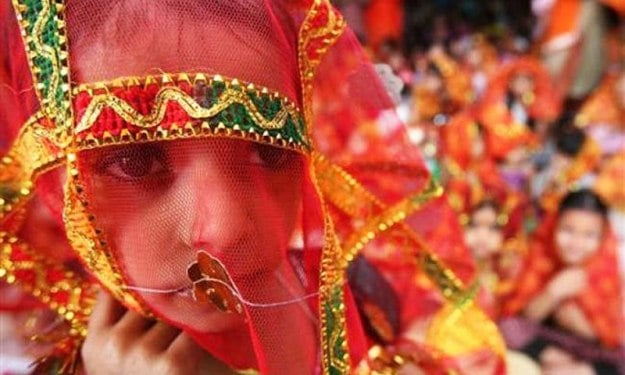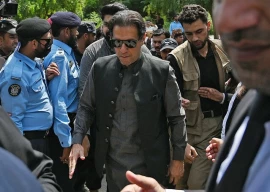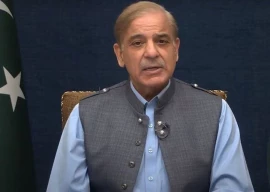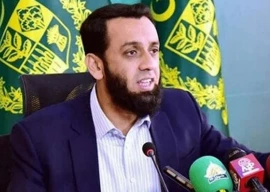
She was speaking at a national dialogue on CEAM organised by National Commission on the Status of Women (NCSW) and Shirkat Gah Women Resource Centre on Friday.
Legislation required: Child marriages deemed more dangerous than terrorism
The event titled “National Dialogue on Ending Child, Early Age Marriages in Pakistan” also featured sharing of the lessons of Humsathi Intervention Study- a project by Shirkat Gah to understand and reduce child and early age marriages (CEAM). The project started in 2015 with support from the International Development Research Centre.
The study suggests that socio-cultural norms and values are the primary drivers of CEAM. Denying offspring the right to decide, marriages are used to cement or forge ties, and for financial gain. Girls in particular are denied agency: their mobility, right to education and health along with marriage are all subject to decisions made by parents or other family elders. Treated as cattle, girls are passed from one owner to another, in the words of one mother: “girls are perceived as a moral and economic burden that parents are eager to divest themselves of as early as possible.”
The event also included sharing of “Youth Charter of Demands for Ending Child and Early Age Marriages” prepared by 500 women and men from the four provinces. The charter demanded increasing the legal age of marriage for girls to 18 years for all citizens, across all territories and religious communities and the strict implementation of the law.
Speaking on this occasion, Senator Seher Kamran said that CEAM is recognised worldwide as a problem that needs to be overcome in order to ensure that girls and boys enjoy their childhood and are enable to fulfil their true potential.
Shirkat Gah Women Resource Centre Executive Director Farida Shaheed said that more than one fifth or 21 per cent of girls in Pakistan are married before the age of 18 and at least three per cent girls are married off before they are 15 years old. She said that with 1.9 million child marriages, Pakistan ranks sixth in the world for child marriages.
In her introductory remarks, NCSW Chairperson Khawar Mumtaz talked about the impact of early child marriage on girl child and the need to take serious measures against this practice at every level. She urged youth to voice their concerns. “I am pleased to see young boys and girls taking up their matter today at this forum,” she said.
Punjab Commission on the Status of Women Chairperson said that the awareness on the impact and legal repercussions of child marriage is increasing in the society. She stressed the need to educate nikah registrars on this issue.
Saving the girl-child
Sindh Commission on the Status of Women Chairperson Nuzhat Shirin briefed the participants about the measures taken by the Sindh government. She urged for the effective implementation of existing laws.
The event ended with interactive discussion around the issue where civil society representatives, researchers, youth leaders and rights activists shared their experiences and suggestions for the way forward.
Published in The Express Tribune, June 30th, 2018.



1725030039-0/Untitled-design-(2)1725030039-0-165x106.webp)
1725366721-0/kyle-(1)1725366721-0-165x106.webp)



1732696613-0/BeFunk_§_]__-(59)1732696613-0.jpg)
1732622842-0/Express-Tribune-(9)1732622842-0-270x192.webp)







COMMENTS
Comments are moderated and generally will be posted if they are on-topic and not abusive.
For more information, please see our Comments FAQ